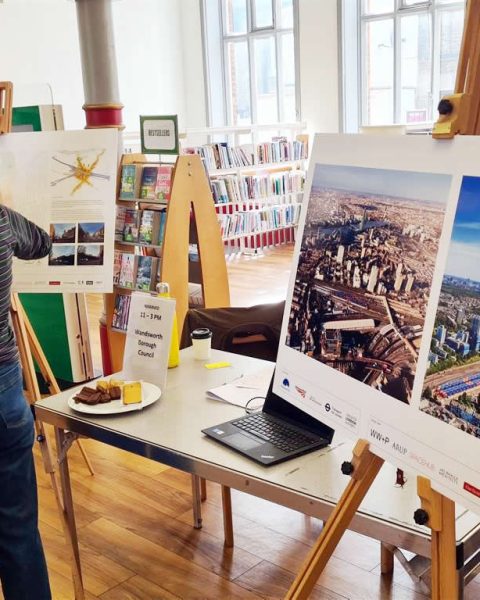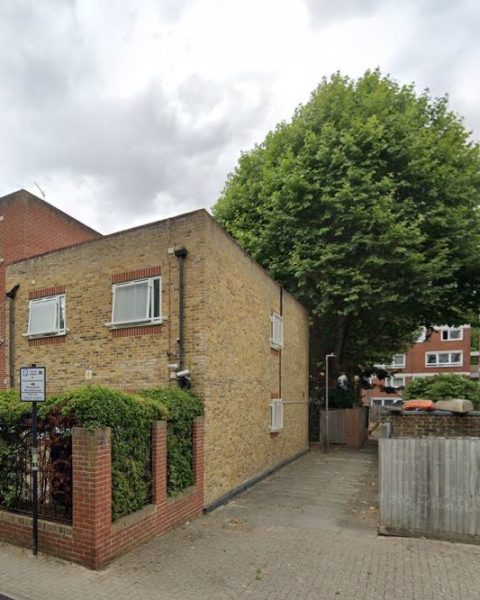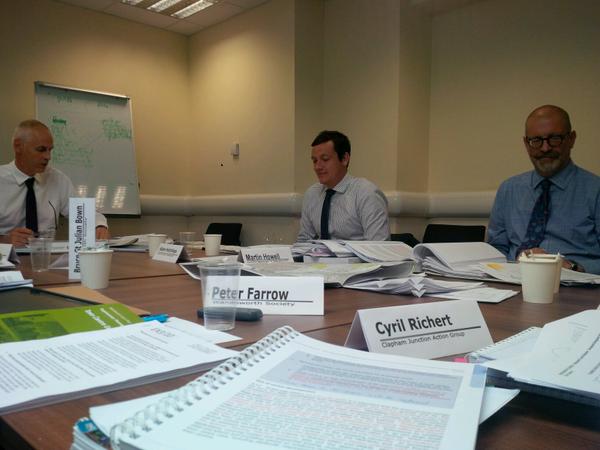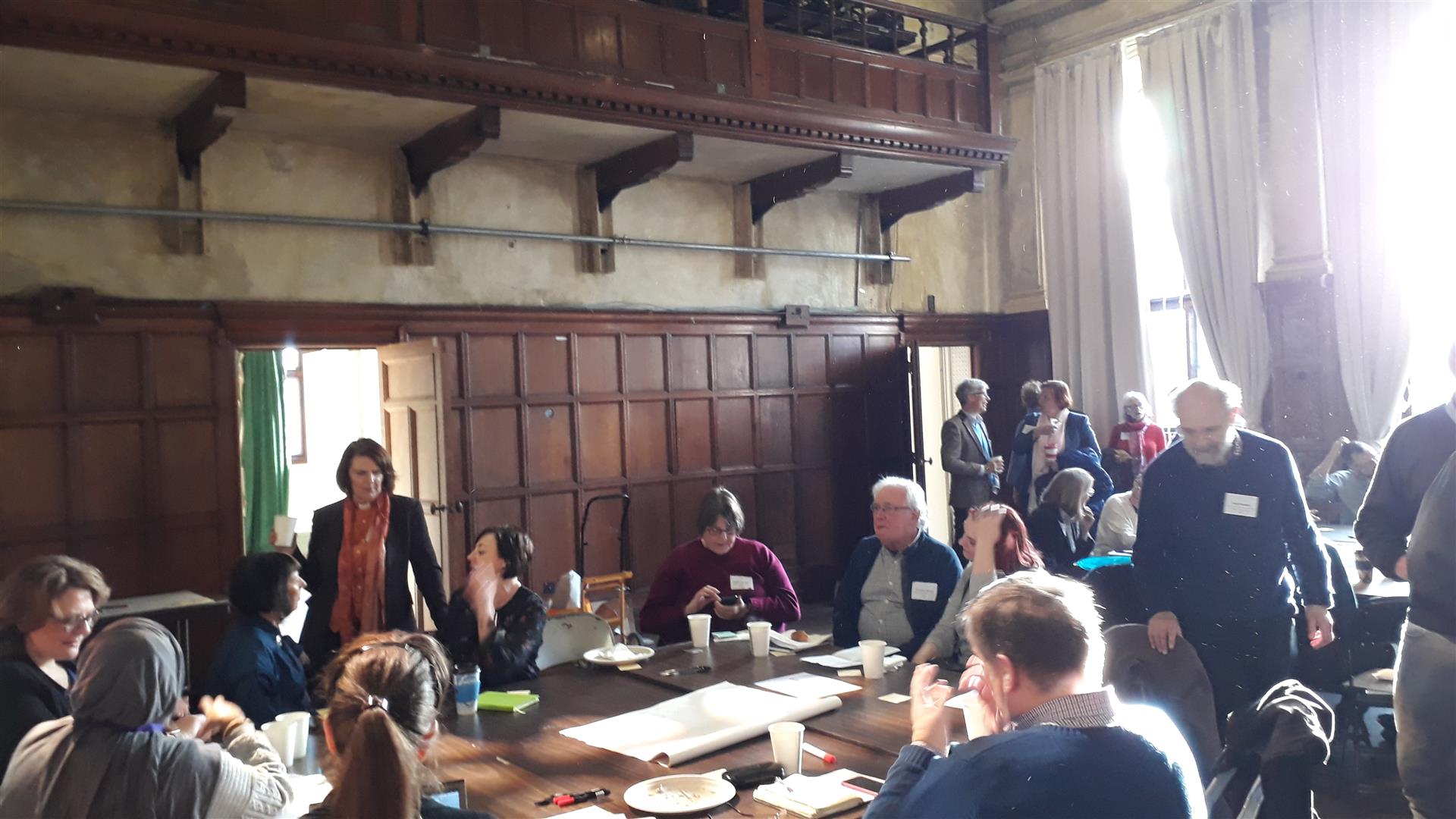Author: Cyril Richert
The Draft New London Plan (a broad plan to shape the way London develops over the next 20-25 years) was under consultation until March 2nd 2018. Since that date, all comments received are being reviewed by the independent Planning Inspector appointed by the Secretary of State to carry out the Examination in Public later this year. The three Societies involved in Wandsworth borough have submitted their own comments.
We selected below parts of the responses to the consultation sent by each Society and we invite you to download their own documents for more details.
Battersea Society [download full comment]
- Intensification/Tall buildings
“Too many high density and aesthetically-wanting schemes have been approved which do not reflect this ethos and are now in the pipeline. They frequently do not fully reflect approved development plan documents, are having a detrimental impact on the local environment and quality of life and reflect the lack of an integrated approach from the start. […]
Impacts such as pressures on traffic, transport and social infrastructure have been addressed piecemeal. Poor air quality resulting from the scale of new building is not acknowledged. This has been compounded by recent examples where the Mayor has overridden local concerns and approved developments seen locally as far from the ‘Good Growth’ principles set out in this draft plan.[…]
We have major concerns about higher density development proposed in policy GG2B. High density in Battersea has tended to equate to high rise flats. While we have no general opposition to high rise development per se, what we have seen is a lack of integrated planning in relation to the location of individual developments one to another, combined with mediocre design and choice of materials. The policy directive that development should be: ‘well-connected by public transport, walking and cycling’, does not work in practice unless the aggregate impact of each development is assessed.”
- Affordable housing
“The Mayor’s target for affordable housing has had little real impact in the VNEB area. While Wandsworth maintains it has met the minimum requirement for affordable housing, what is actually needed is social rented housing. The draft plan has nothing substantial to say about this. We have major concerns that to meet the minimum 35% target developers will only provide small affordable units unsuited to families or provide excuses to fund off site units.”
- Transport
“We consider the policies in the draft London plan fail to adequately recognise the pressure on both the public transport system and on key roads into central London. We expressed major reservations in response to TfL’s Transport Plan for London. The latter has to provide the strategic framework for the London plan.”
Putney Society [download full comment]
“We strongly endorse the sentence in paragraph 6: ‘Good growth is not about supporting growth at any cost’.”
- Density
“‘Use land efficiently by optimising density’ can too easily be interpreted as maximising density despite all the very important aspirations in D1B. […]
Policy D6 – Optimising housing density: A Development proposals must make the most efficient use of land and be developed at the optimum density. We welcome a design-led approach but still think this gives permission for maximising density![…]
Policy D8 – Tall buildings
‘supporting legibility across the city to enable people to navigate to key destinations’ is a specious argument in favour of tall buildings and should be discarded (also 3.8.1).
D8.A We agree that Boroughs should define ‘tall’ locally.
D8.C.1.d The buildings should positively contribute to the character of the area.
The last sentence should be discarded since it negates the paragraph’s intention. In reality new tall buildings are very unlikely to enhance the setting of something much smaller in scale.“
- Housing
“We support the Mayor’s principle of increasing supply of affordable housing for a sustainable city. However we are concerned by how little of this seems to be actually affordable for the low paid workers on whom the city relies. […]
Policy H10 – Redevelopment of existing housing and estates.
Where possible the replacement affordable rented housing needs to be built first so that tenants can stay in their community.”
Wandsworth Society [download full comment]
- Policy D6/D8: Density/Tall buildings
“We are concerned that this policy will be relied on to justify excessive development. Although matters to be taken into consideration form the greater part, the policy opens with the injunction that
– Development proposals must make the most efficient use of land and be developed at the optimum density.
and
– Proposed residential development that does not demonstrably optimise the housing density of the site in accordance with this policy should be refused […]
Policy D8 Tall buildings
We consider that this policy is inadequate. It fails to identify the problems that tall buildings create and is ineffective in providing the means to deal with them.
The underlying premise of this policy is that development involving tall buildings is to a degree desirable and inevitable. Our view is that tall buildings, either singly or in clusters, are essentially unneighbourly forms of development, and that they are almost always undesirable and unnecessary. […]
Tall buildings, that is buildings ‘substantially taller than their surroundings’ are undesirable as they intrude, overlook and overshadow their neighbours, they dominate their surroundings; and, as other building types can achieve similar high-densities, they are unnecessary.
Tall buildings are also undesirable because they are unsustainable and antisocial. Unsustainable as the energy required to construct, service, maintain, repair and demolish a tall building is significantly greater than it would be for medium to low-rise developments, and antisocial, particularly in tall residential developments, as they create closed communities, generally providing only a limited range of dwelling types. It is disappointing that the tall buildings policy fails to acknowledge the social and environmental drawbacks associated with tall buildings. “
















